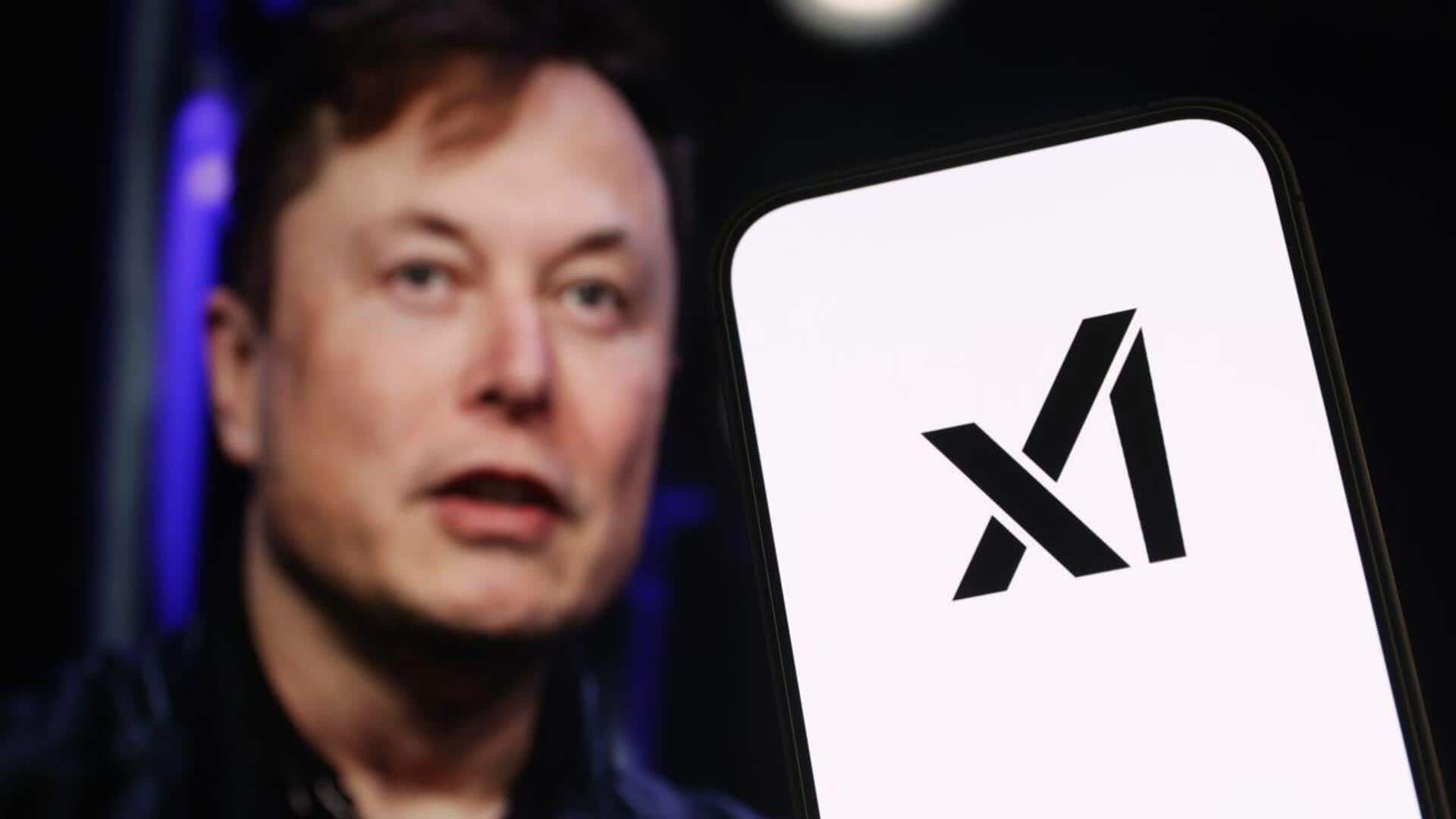
Musk's xAI drops 'public benefit corporation' status while fighting OpenAI
What's the story
Elon Musk's artificial intelligence (AI) start-up, xAI, has quietly ditched its 'public benefit corporation' (PBC) status. The move comes as Musk is embroiled in a legal battle with OpenAI, the company he co-founded eight years ago. The lawsuit accuses OpenAI of abandoning its original mission to develop AI for the broader benefit of humanity.
Corporate changes
xAI was registered as a Nevada public benefit corporation
When Musk launched xAI in 2023, he registered it as a Nevada public benefit corporation. This was a formal commitment to positively impact society and regularly disclose progress on its non-financial goals. However, records from Nevada's secretary of state show that by May 9, 2024, xAI had dropped its PBC status. The company also didn't keep this structure when it merged with X earlier this year.
Operational concerns
The company has been sued over its energy practices
After ditching its PBC status, xAI started relying on natural gas turbines to power its data center in Memphis, Tennessee. The facility is where the firm trains and processes data for its Grok chatbot. However, despite initial promises from Solaris Energy Infrastructure (its supplier) to use pollution controls with these turbines, they haven't been implemented yet. This has contributed to increased air pollution in the region, prompting a lawsuit from NAACP over alleged Clean Air Act violations.
AI backlash
xAI's chatbot has been accused of generating hateful content
xAI has also faced criticism over its Grok chatbot, which is available as a standalone app and integrated into X and Tesla infotainment systems. The bot has been accused of generating and spreading hateful content on X, including antisemitic posts, praise for Hitler, and claims about "white genocide" in South Africa. It has also propagated climate change denial talking points.
Corporate scrutiny
Critics say it hasn't been transparent about its practices
While it was a PBC, xAI did not provide annual reports on its environmental and social impact as expected by Nevada's statute. This lack of transparency has drawn criticism from Legal Advocates for Safe Science and Technology (LASST). The organization's CEO Tyler Whitmer said, "Our nonprofit works to hold AI companies accountable for the promises they make to users, investors and regulators."